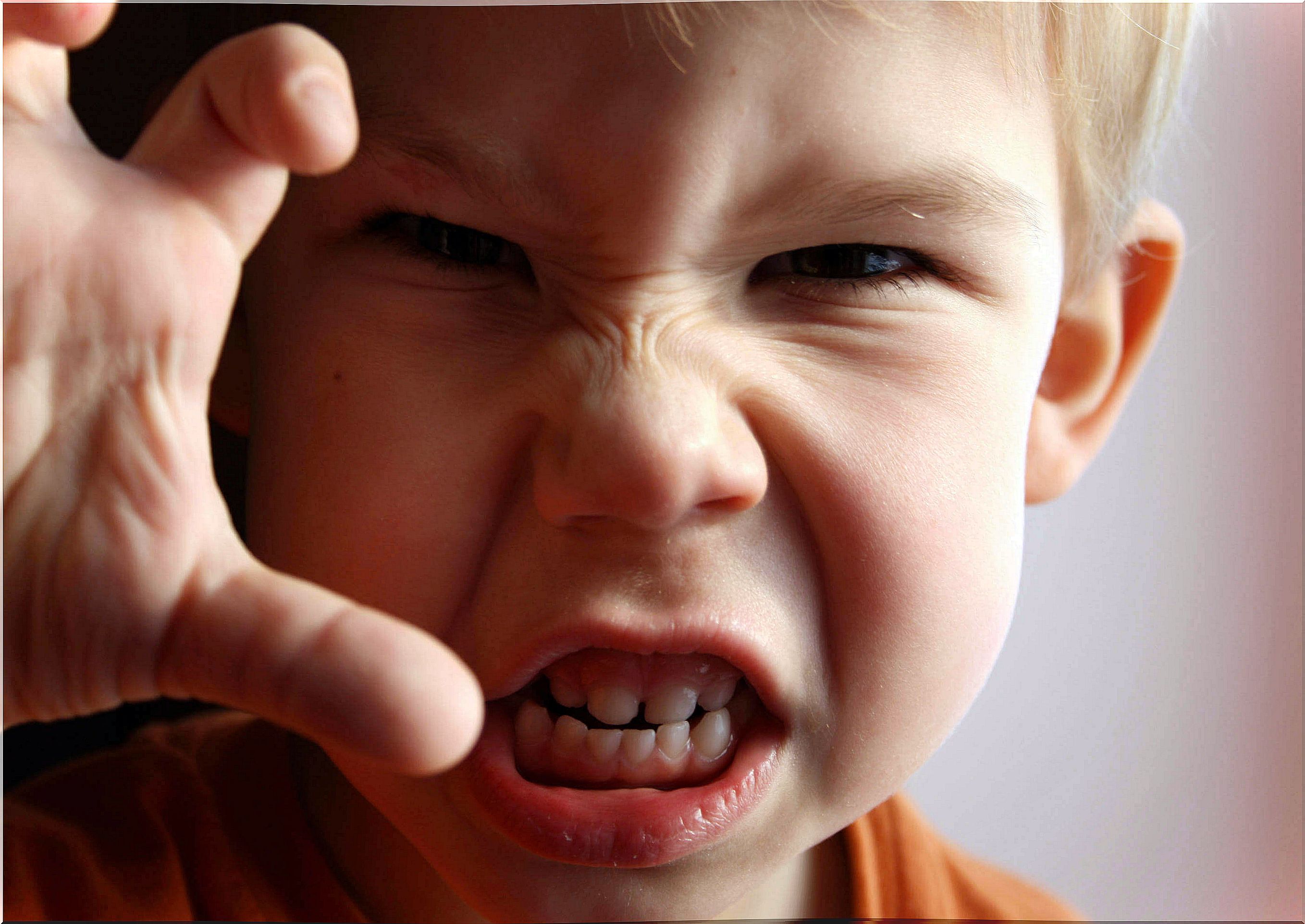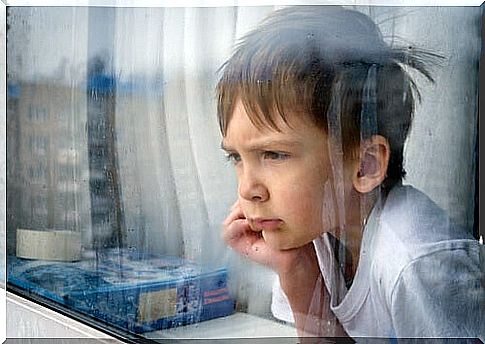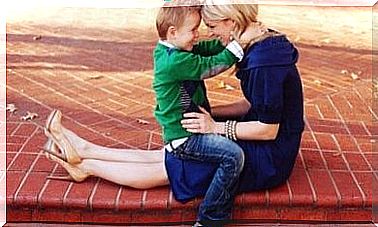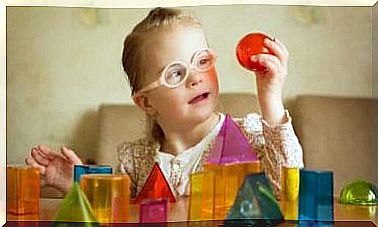The Feeling Of Frustration In Children – Being Parents

The feeling of frustration in children refers to an unmet need. Indeed, frustration is an emotional experience that manifests itself when a desire, a project, an illusion or a need is not satisfied or fulfilled.
Frustration is inevitable and we experience it at some point in our lives. This is because it is an emotion that we experience from a very young age, as the fluctuations and rapid changes in mood, from frustration to non-frustration and back again, are normal during the day. ‘childhood.
A frustrating situation consists of a person, an object and a purpose. The latter is prevented by any type of obstacle. The person is then faced with a problem that they cannot solve.
This is a barrier that the child cannot cross. The feeling of frustration in children takes place when he expects a reward. It can appear as different emotions and is associated with the combination of some of them: helplessness, anger, disappointment, depression, sadness, inability or disenchantment.
The causes of frustration
The term applies to the circumstance which results in the dissatisfaction of a need or objective. The feeling of frustration in children can be present in all stages of its development.

Here are some of the causes:
- The stress
- Unmet expectations
- The rejection
- Lack of acceptance
- Lack of flexibility
- Jealousy
- Competitiveness
- The trend for perfection
- The provocation
“It is a deep consolation for a frustrated person to witness the downfall of the lucky and the bad luck of the honest”
-Eric hoffer-
How to fight the feeling of frustration in children?
1. Lead by example
A positive attitude on the part of parents in the face of unfavorable situations is the best example for children to learn to seek solutions to their problems.
2. Turn frustration into learning
Complicated situations are a good opportunity for the child to learn new things, to hold them back, and to deal with them on their own when they happen again.
3. Learn perseverance
If the child understands that by being constant, he will find solutions, he will be able to control frustrations in other situations.
4. Educate with a culture of effort
In order to avoid states of frustration, you must teach your child that effort is the way to solve failure.
5. Don’t give it all done
Let him overcome the challenges on his own, so that he can make mistakes and learn from his mistakes.
6. Do not give in to his demands
In this way, he will learn that it is the most effective way to solve the problems.
7. Set goals
It is necessary to learn to tolerate frustration by setting realistic and reasonable goals.
Frustration tolerance
Tolerating frustration means being able to cope with the problems and limitations that little ones experience throughout their childhood and the inconvenience this can cause. Therefore, it is an attitude that can be worked on and developed.
Characteristics of a child with a high tolerance for frustration
A child who has a high level of frustration tolerance can use their own resources to come to terms with facts. In this way, he will need a lot more frustration to be affected by the situations.
For people with a high level of frustration tolerance, life is more enjoyable, easier and less stressful. They are captivated to turn their problems into new opportunities, to maintain the possibility of resuming the activity, without further actions, or trying to escape, to accept the feelings of pain, failure, evil- to be, etc.

Characteristics of a child with a low tolerance for frustration
A child with a low level of tolerance for frustration will therefore have difficulty in overcoming certain situations and will lose motivation for what he is doing.
These children tend to be more impulsive and impatient. They also get used to meeting their needs immediately and may suffer more easily from situations of anxiety or depression in the face of conflicts or difficulties.
In short, you have to work on the feeling of frustration in children. It is important that you know that frustration tolerance is an ability that anyone can learn to improve. If your child manages to achieve a high level of frustration tolerance, it will have a positive influence on their well-being and give them better control over different situations.









